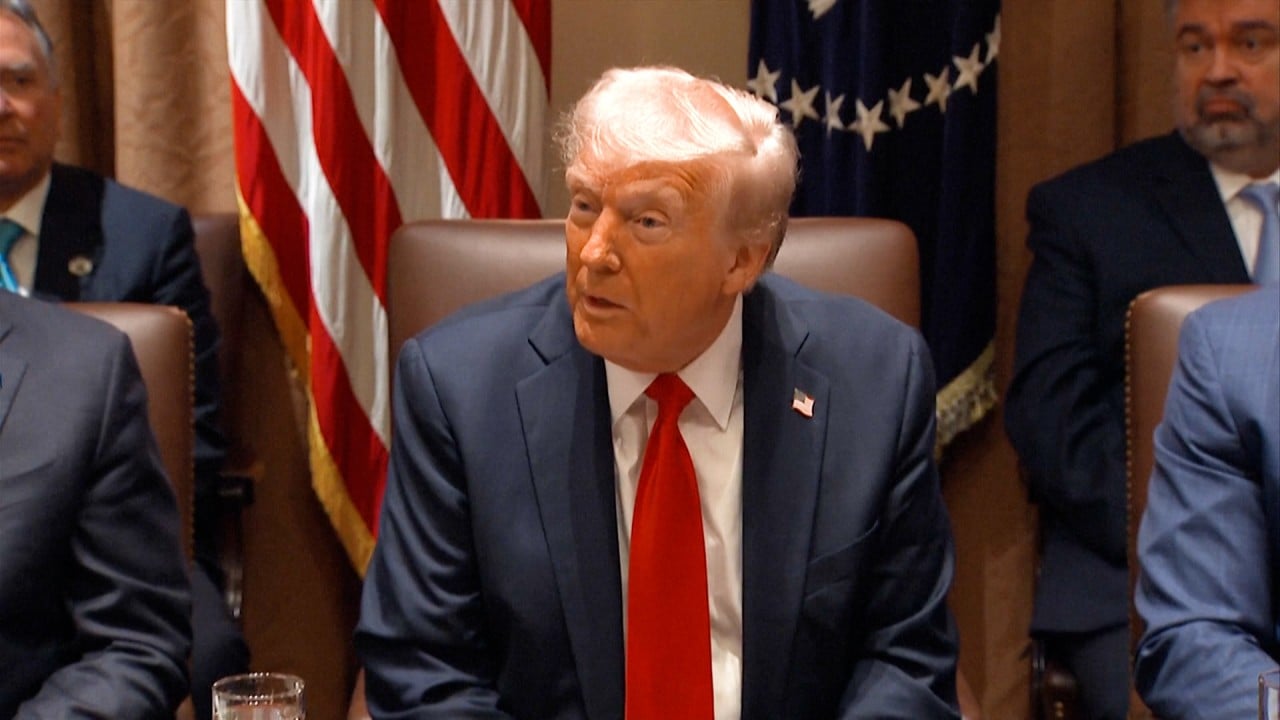The actions of Donald Trump are fanning growing uncertainty in Taiwan regarding the reliability of American support.
Advertisement
Before the April 2 announcement, the Lai administration believed that Taiwanese exports to the US would face tariffs of 10 per cent at most. The 32 per cent levy instead blindsided Taipei and sent shock waves through key sectors such as hi-tech manufacturing, which depend heavily on stable trade ties with the US.
The tariffs stunned policymakers who believed Taiwan had already made significant “protection payments” to the United States, including Taiwan Semiconductor Manufacturing Company’s (TSMC) US$100 billion investment in chip plants in Arizona, and Taipei’s pledge to boost defence spending to 3 per cent of gross domestic product.
Further frustration awaited Taipei when it was excluded from the first round of Trump’s trade negotiations during a 90-day grace period for tariffs higher than the previously announced universal 10 per cent. The pause does not apply to Beijing.
Advertisement
The omission of Taiwan raised further questions over whether the island’s strategic value was being judged mainly by what it could deliver economically and militarily.


